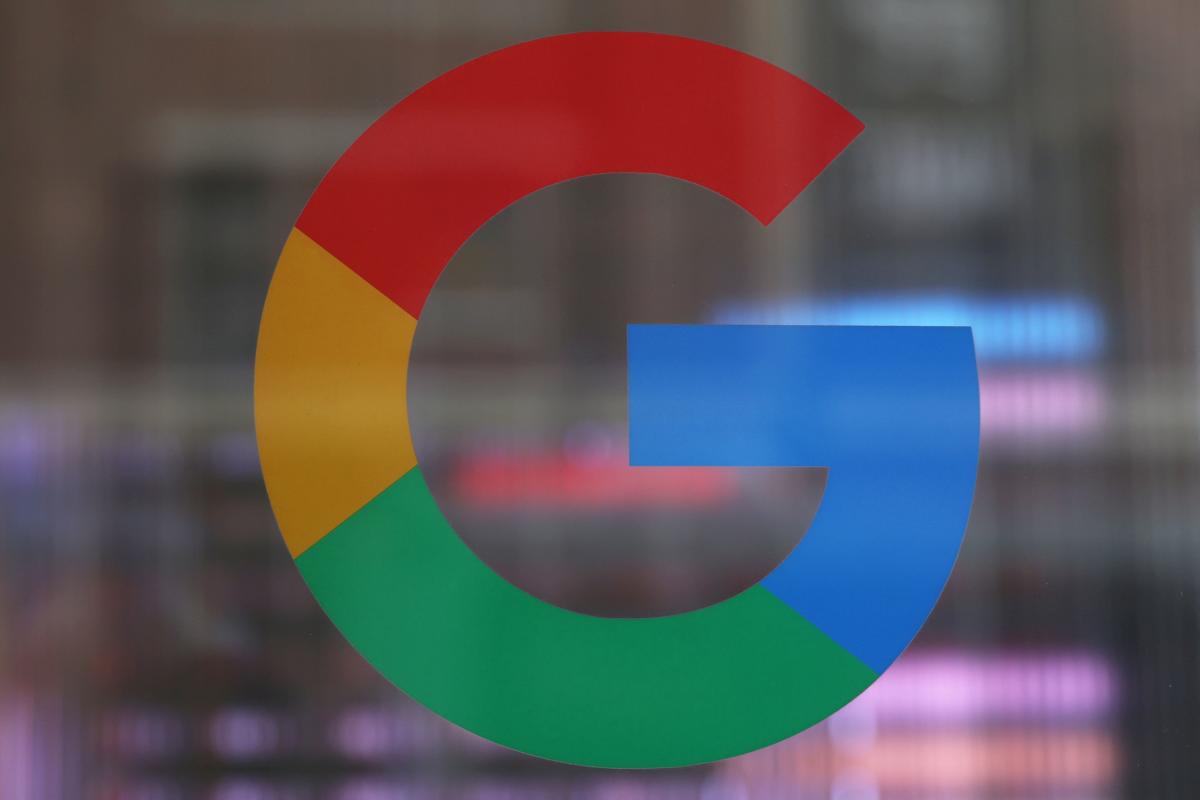The News
Google must open up the Android app store, Google Play, to competition for at least three years, a US judge ruled Monday. The ruling is the latest legal blow to the tech giant, which has already faced two antitrust cases against it this year.
The decision comes after video game developer Epic Games successfully sued Google in December 2023, arguing that the company’s app store rules and payment policies meant it held an illegal monopoly and stifled competition from rival developers and stores on its devices. Google is set to appeal the ruling.
Shares in Google’s parent company Alphabet dipped following the ruling and were down 2.44% at market close on Monday, but had ticked back up slightly after hours.
SIGNALS
App ecosystem could change remarkably
The latest court decision may have put the Apple-Google app store duopoly — one that generates $200 billion a year and “dictates how billions of consumers use mobile devices” — into serious trouble, Bloomberg noted. “The dominoes are going to start falling here,” the CEO of Epic Games, which sued Google, said at the time. That prediction may be starting to materialize: Monday’s ruling, which blocked Google from financially incentivizing app makers to favor the Google Play store over others, could enable mobile app stores outside the Google and Apple ecosystem to rise in popularity, The Verge noted.
How did Google lose a case so similar to one that Apple won?
Epic Games similarly sued Apple over its app store rules — but while Google lost, Apple won against the video game developer in 2021. The discrepancy between the two decisions is notable, The Verge wrote, but there are differences in the way the two stores operate. While Apple owns and controls its app store, Google builds its ecosystem within Android by striking deals with phone makers if they agree to favor Google’s apps and APIs. By presenting some of these deals, Epic’s lawyers seemed able to more clearly argue that they were unfair. The Google trial was also in front of a jury, rather than decided by a judge, which may have complicated matters for the search giant.
US government pursuing a ‘parade’ of lawsuits against Big Tech
Google has faced a tough year in US courts: A judge declared its search business an illegal monopoly earlier this year, and the company also faces an antitrust case over its ad business. Google is not alone — the government has a “parade” of federal cases aimed at reining in the power of Big Tech, The New York Times noted. In Sept. 2023, the Federal Trade Commission and 17 states sued Amazon for favoring its own marketplace, while Apple is facing a Department of Justice antitrust suit for its dominance of the smartphone industry. The FTC also sued Meta in 2020, alleging that it created a monopoly over social media platforms when it bought the messaging platform WhatsApp.

